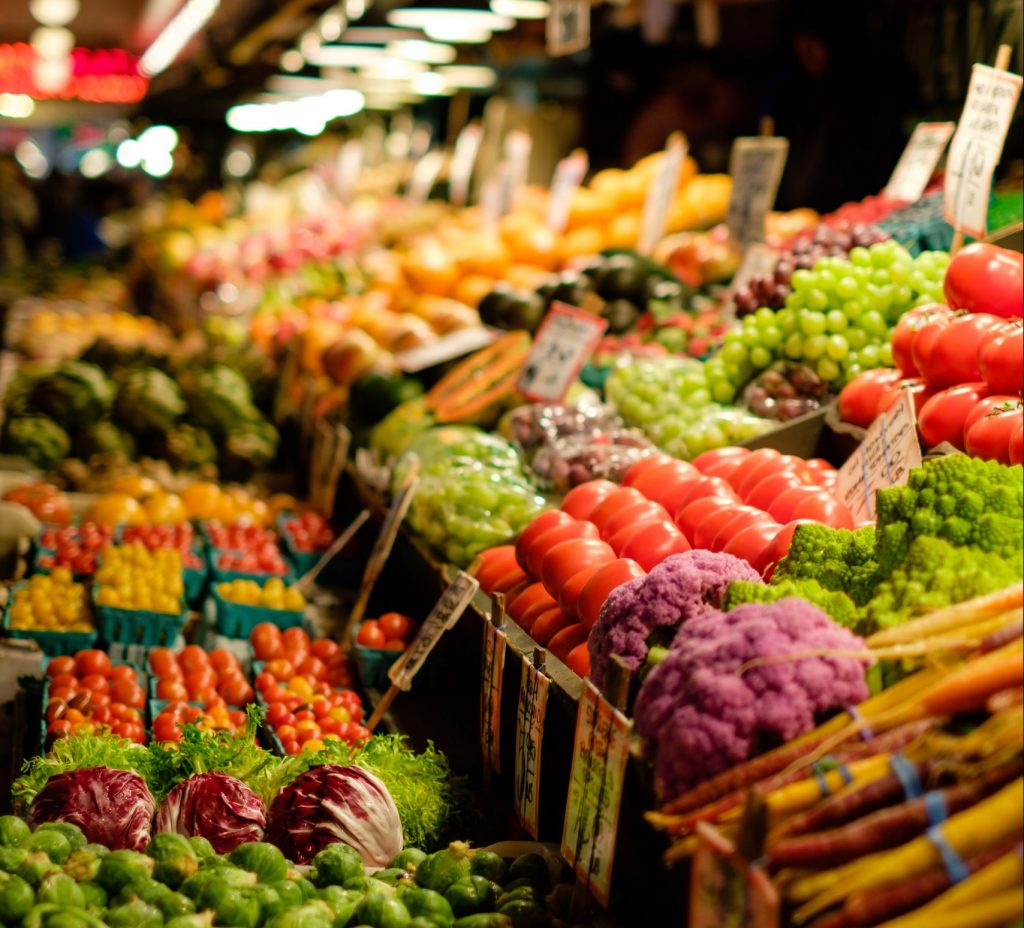Parliament welcomes the Farm to Fork strategy and underlines the importance of producing sustainable and healthy food to achieve the goals of the European Green Deal, including on climate, biodiversity, zero pollution and public health.
MEPs highlighted the need for enhanced sustainability at every step of the food supply chain and reiterated that everyone – from farmer to consumer – has a role to play in this. To ensure that farmers can earn a fair share of the profit made from sustainably produced food, MEPs want the Commission to reinforce efforts – including through the adaptation of competition rules – to strengthen the position of farmers in the supply chain.
Other recommendations include
Healthier food
- EU science-based recommendations for healthy diets, including a mandatory EU front-of-pack nutritional label
- Overconsumption of meat and highly processed foods with high salt, sugar and fat content must be addressed, including by setting maximum intake levels.
Pesticides and protection of pollinators
- Improvement of the pesticides approval process and better monitoring of implementation to protect pollinators and biodiversity
- Binding reduction targets for pesticide use. Member states should implement targets through their CAP Strategic Plans
Greenhouse gas (GHG) emissions
- “Fit for 55 in 2030 package” must regulate and set ambitious targets for emissions from agriculture and related land use, including strict criteria for biomass-based renewable energy
- Natural carbon sinks must be restored and enhanced.
Animal welfare
- Need for common, science-based animal welfare indicators for stronger pan-EU harmonisation
- Current EU legislation must be evaluated to see if changes are needed
- Gradual end to the use of cages in EU animal farming
- Non-EU animal products should be allowed only if their standards are EU-aligned.
Organic farming
- EU’s organic land should be increased by 2030
- Need for initiatives – promotion, public procurement and fiscal – to stimulate demand
Next steps
The resolution was adopted with 452 votes in favour, 170 against and 76 abstentions. The vote took place on Tuesday with results announced on Wednesday. You can watch the debate here.
The Commission is planning a number of legislative proposals under the Farm to Fork Strategy. MEPs emphasises the need for scientific ex-ante impact assessments of any such proposals (AM1) and during the plenary debate many regretted the late publication by the Commission of the Joint research Centre’s report on the impact of Farm to Fork.
Quotes
Following the vote, Herbert Dorfmann (EPP, IT), rapporteur for the Committee on Agriculture and Rural Development, said: “Responsibility for a more sustainable agriculture must be a joint effort by famers and consumers. Our farmers are already doing a great job, so when we rightly ask them to further reduce their use of pesticides, fertilisers and antibiotics, we need to support them so production does not just move outside the EU. Ensuring the availability of food at reasonable prices must continue to be a priority.”
Anja Hazekamp (The Left, NL), rapporteur for the Committee on Environment, Public Health and Food Safety, said: “Current EU policies are driving environmentally harmful farming models and paving the way for imports of unsustainable products. We propose concrete measures to bring our food system back within planetary boundaries by stimulating local food production and by moving away from intensive livestock farming and crop monocultures with high pesticide use. A sustainable food system is also crucial for the future of farmers.”







Leave a Reply